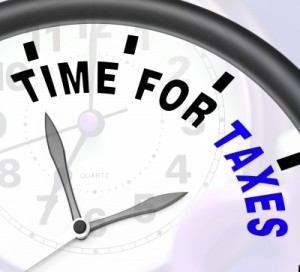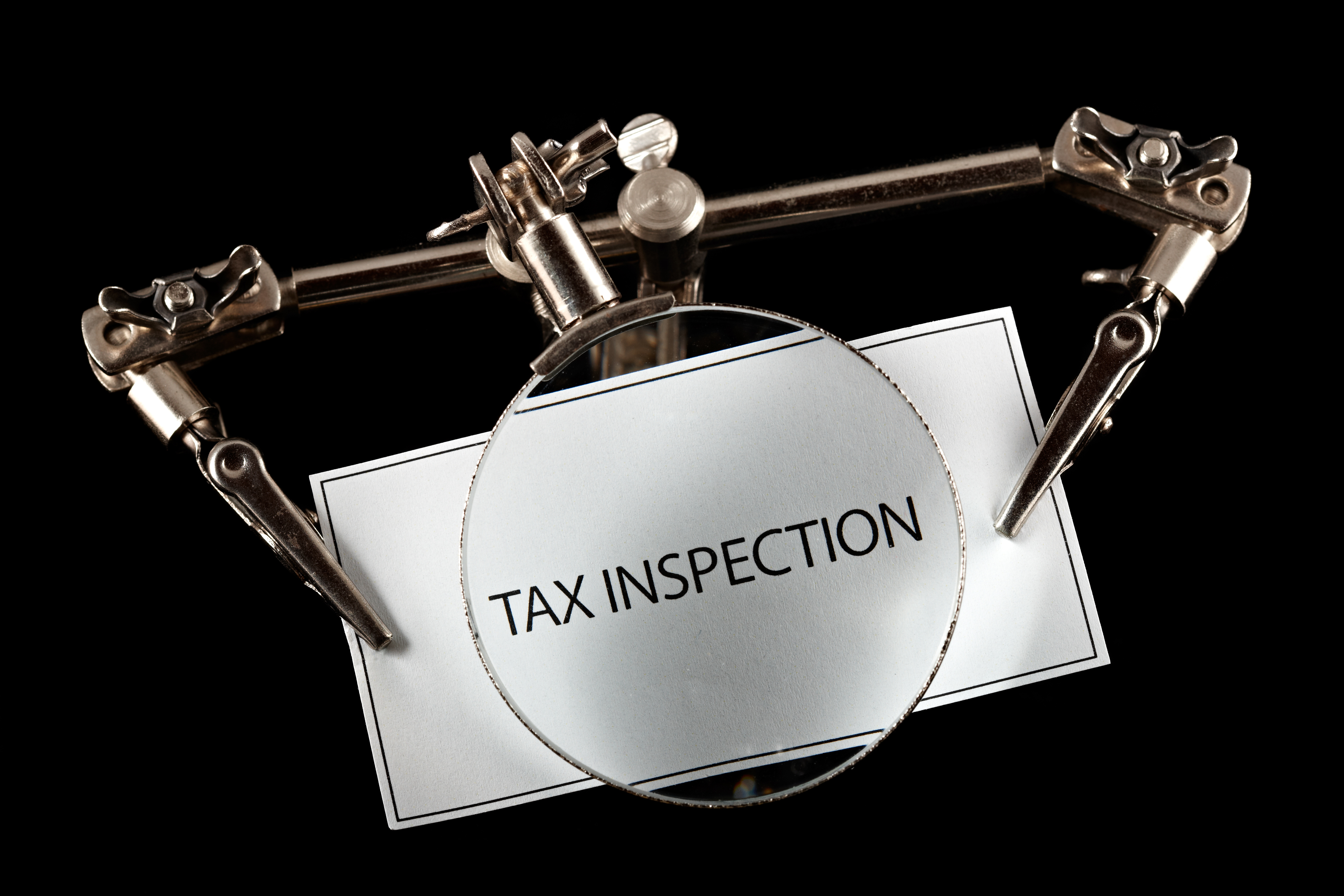If you fulfil any of the self assessment criteria, you may have received a tax return that needs to be completed and  returned to HMRC. There are many reasons why you need to complete a tax return – including being self employed, having an income above £100,000, or getting expenses or benefits above a specified amount.
returned to HMRC. There are many reasons why you need to complete a tax return – including being self employed, having an income above £100,000, or getting expenses or benefits above a specified amount.
Filing a paper form or online
You can choose whether to complete a paper tax return or complete it online. There are deadlines that must be adhered to or you will be charged a penalty. The deadline for submitting a paper return is 31st October, while online submission has to be done by 31st January. If you owe tax that is less than £3,000, you can ask HMRC to collect it through your tax code. To do this, you must complete and return your paper form before the end of October, or if filing online, you must submit before 30th December.
Completing your tax return
Before starting to complete your tax return, read all the guidance that will be included. Make sure that all the figures you enter are correct, as errors can lead to the wrong amount of tax being paid. Remember to sign and date the form, and ensure that all relevant entries have been made, as returning the form to you may cause unnecessary delays, which may lead to a penalty being charged. If you have a representative to complete the form on your behalf, remember that you are still responsible for all entries.
Information you will need
Before completing your tax return, collect all financial information you will need – such as your P60s, which contain your pay and tax from employment for the year, as well as P45s or P11Ds. Your PAYE Coding Notices will also be required. Business records or profit and loss accounts will be required if you are self employed, along with details of expenses and your receipts.
Make sure that the relevant supplementary pages have been sent to you by HMRC, or that you complete the correct pages online. Failure to do so may lead to delays and could result in a penalty being charged. Make sure that you include all income received, along with details of tax paid.
Your tax bill
Any outstanding tax has to be paid by 31st January each year. Any repayment of tax that is due will usually be paid to the bank account that you have nominated on your tax return. Care should be taken to complete the tax return accurately, and include all required supplementary pages to ensure the correct amount of tax is paid.









Leave a Reply